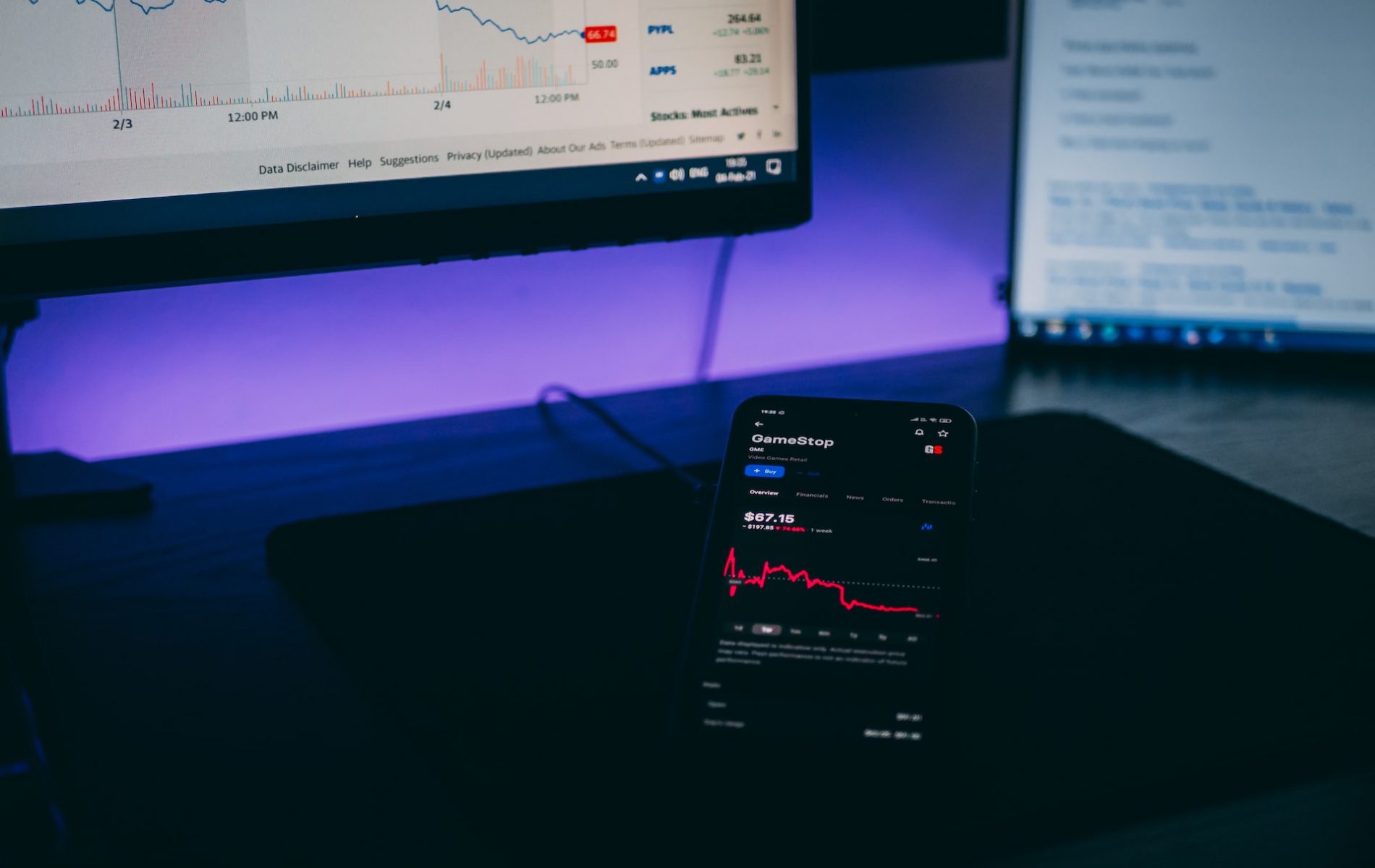Fact Pattern
An issue which has caught my attention in the alternative asset space stems from the recent episode of US video game retailer GameStop. In brief, Citron Research, a high-profile short-selling activist investor submitted that they believed GameStop’s business to be unsustainable. As a short-seller activist investor, Citron Research primarily derives profits from falling share prices. Retail traders on r/WallStreetBets, a Reddit forum, were apparently displeased with Citron’s comments and through the power of the network effect, encouraged each other to purchase GameStop shares and call options. The result is as we know it. The coordinated gamma short squeeze by retail investors forced companies like Citron to back out of their bets as shares of GameStop quickly spiked over 2000% at one point in late January to hit a high of almost $350 before reversing much of its gains. It is noted that the retail investors coordinated attack wiped out half of hedge fund Melvin Capital’s $13 billion fund before receiving $2.75 billion in emergency cash injection from two other hedge funds.
Analysis
Notwithstanding the similar uprising of AMC and Blackberry amongst others, I do not view the GameStop episode as the first or last incident of its kind. Last June for example, bankrupt car rental company Hertz’s shares soared after retail investors suddenly piled into the company’s shares, therefore increasing the company’s valuation. This is interesting to me because whilst retail investors historically have had little to no real control over the movements and momentums of multi-billion-dollar stock markets, the rise of commission-free trading apps such as Robinhood in the US and Trading 212 in the UK have disrupted the investment landscape in a way that no prudent fund manager can afford to neglect. Through lowering barriers to entry, commission-free trading facilitates investors to invest their cash assets to stock markets, thereby augmenting retail investors’ combined influence – especially over smaller companies. To put the power of retail investors acting as a collective group into perspective, GameStop was at one point, post short-squeeze, valued at around $10 billion – a truly massive value when taking into account its intrinsic value as calculated by any traditional financial models including the industry favourite enterprise discounted cash flow model.
Implications
Finally, I would like to submit that the implications of the GameStop saga are wide and varied. The efficacy of commission-free trading business models has been called into question with claims of alleged market manipulation which has garnered the attention of lawyers and government officials. It has incited the SEC and CFTC to review whether sufficient safeguards are in place for ensuring investor protection. There has also been a renewed focus on examining the legitimacy of shorting stocks. Regardless of what may ensue from the hearings, it is clear that institutional investors, including the world’s largest hedge funds, would be well-served in maintaining vigilance of their retail counterpart in forming future strategies.
